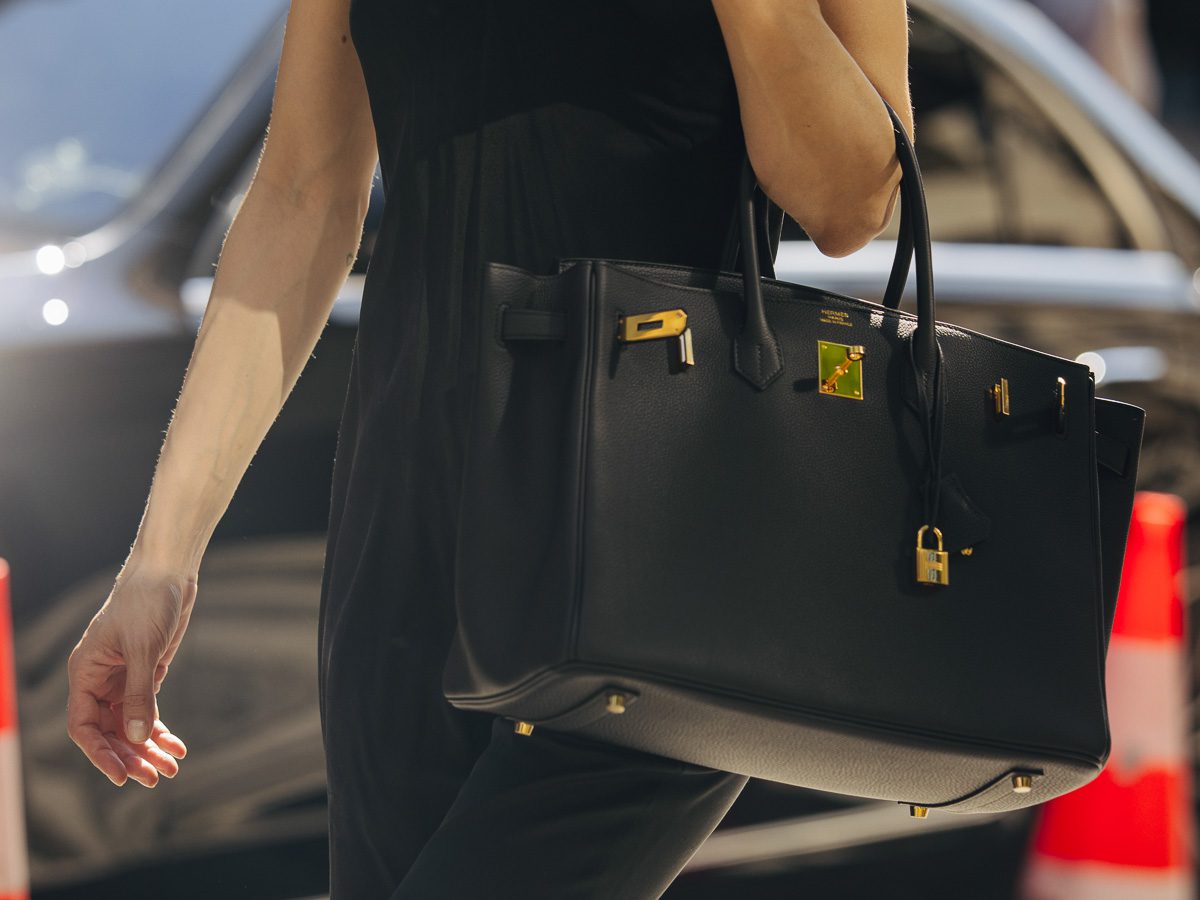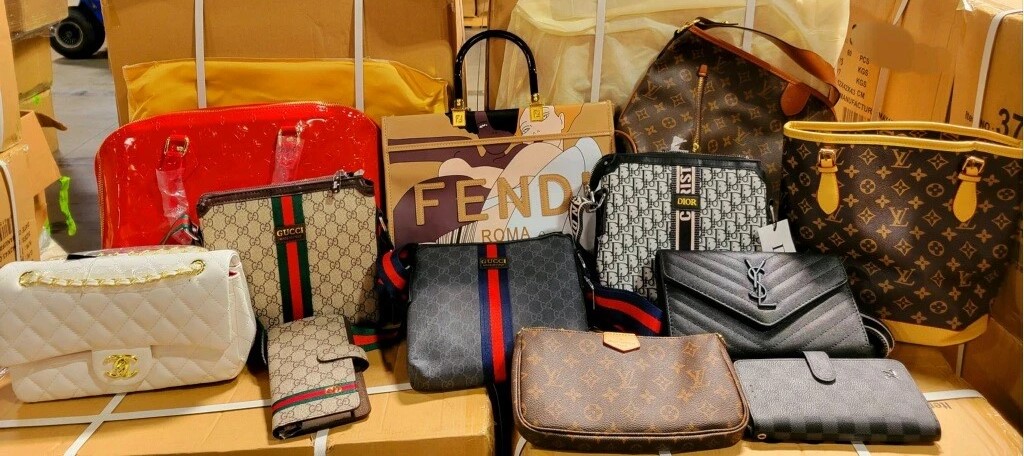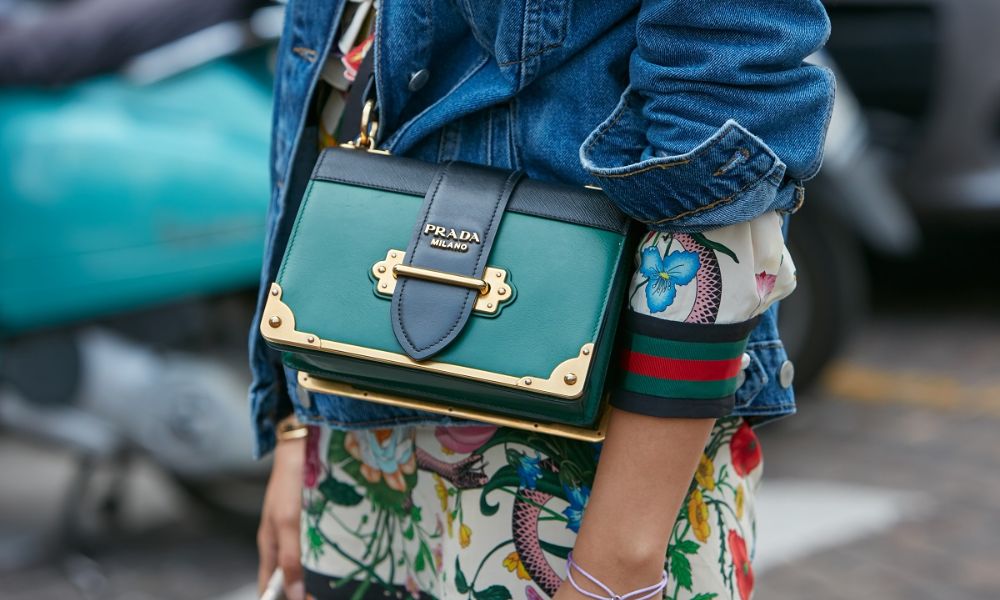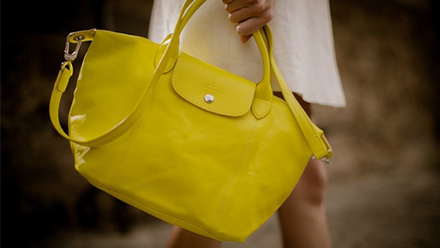Hermès to Raise U.S. Prices in Response to New Tariffs

In a move that reflects the growing impact of global trade policies, luxury fashion house Hermès has announced a price increase for its U.S. customers. The decision comes in response to the newly imposed tariffs on goods imported from Europe to the United States, which have placed additional financial pressure on companies operating in the luxury goods sector.
Hermès, known for its high-end leather goods, apparel, and accessories, joins a growing list of brands adjusting their pricing strategies to mitigate the rising costs caused by these tariffs. The fashion giant, recognized for its iconic Birkin and Kelly bags, is now facing the challenge of maintaining its premium reputation while also ensuring that it absorbs as little of the tariff-related costs as possible.
The new tariffs, which are part of a broader trade dispute between the U.S. and the European Union, have made European luxury goods more expensive for American consumers. The tariffs affect a wide range of products, from high-end fashion to specialty items, and are designed to level the playing field between international manufacturers and American businesses.
What Does This Mean for Consumers?
For consumers, this change in pricing could lead to higher costs for some of Hermès' most coveted items. The price hikes are expected to vary depending on the product, but items like replica handbags, ready-to-wear collections, and footwear could see the biggest increases. While the luxury market tends to be less sensitive to price changes than mass-market sectors, these adjustments are still noteworthy for customers who closely monitor the cost of high-end goods.
Hermès’ decision to raise prices also highlights the growing economic pressures faced by companies within the luxury sector. Though many brands are known for their resilience in the face of such challenges, these price increases signal a shift that may affect both the brand's loyal clientele and potential newcomers to the world of luxury fashion.
Why the Shift in Strategy?
Hermès, like many other European luxury brands, had hoped to avoid passing on the cost of tariffs to their customers. However, as raw material costs, transportation fees, and duties have increased, this became less feasible. The new tariff regime makes it harder for companies to maintain their pricing structure without either absorbing the extra costs or raising prices. While Hermès remains committed to maintaining its position as a symbol of exclusivity and craftsmanship, the rising financial burden caused by these tariffs has made an adjustment inevitable.
Moreover, this price adjustment isn't just a reaction to tariffs but also a reflection of the brand's ability to navigate economic shifts without compromising on quality. Hermès has long prided itself on its impeccable craftsmanship, and as costs rise, the company has opted to pass some of that increase onto consumers rather than dilute the product experience.
A Look at the Bigger Picture
Hermès’ decision is a part of a larger trend in the luxury industry, where brands are becoming more selective in their approach to pricing and market positioning. As international trade tensions continue to evolve, consumers may see further price adjustments across the board. For now, it appears that luxury consumers will be paying a premium for not just the exclusivity of Replica Hermes but also the broader economic realities that have shaped global commerce.
In conclusion, while the price hikes may initially sting, they are likely to have little impact on the long-term desirability of Hermès products. After all, the brand’s enduring appeal is rooted in the quality, craftsmanship, and heritage that its customers value, regardless of changing tariffs or pricing structures.




